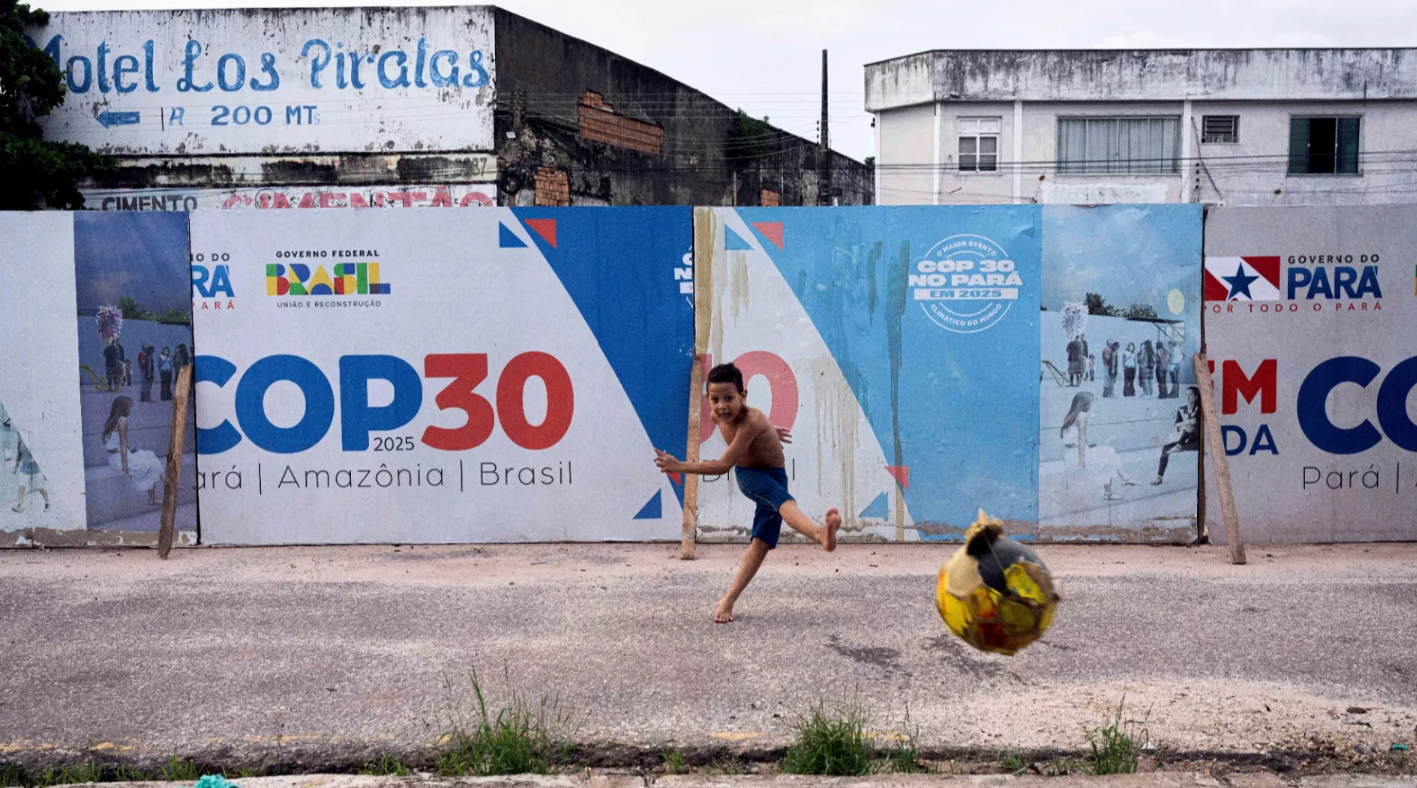
It's not a coincidence. It's a statement.
By hosting the world's most significant climate negotiations in a city that embodies both the promise and peril of the planet's environmental future, Brazil is sending a deliberate message: climate change must be confronted where its consequences — and opportunities — are most tangible.
"We cannot hide the fact that we live in a deeply unequal world, and that the fight against climate change must become closer to everyday realities," said André Corrêa do Lago, Brazil's veteran diplomat and COP30 President-designate, in an interview at the UN headquarters in New York.
A City That Embodies the Stakes
Unlike previous COP host cities — think Paris, Dubai, or Sharm El-Sheikh — Belém is no luxury destination. It is a struggling urban hub situated at the mouth of the Amazon River, surrounded by one of the planet's most critical and most threatened ecosystems.
And that's the point.
Brazilian President Luiz Inácio Lula da Silva, who has positioned environmental justice at the heart of his administration's climate policy, insisted that the world come to Belém not just to negotiate, but to see. To witness the links between climate change, poverty, deforestation, and development.
"When people arrive in Belém, they will find a city with major infrastructure challenges and a high rate of poverty," said do Lago. "But they will also see potential — and how the outcomes of this COP could transform cities like this."
Logistical Strains Highlight Inequality
That realism extends beyond symbolism. Brazil has faced mounting scrutiny over its readiness to host the summit, particularly around accommodations.
COP30 is expected to draw tens of thousands of participants — the last summit in Dubai drew more than 90,000. But Belém, by many accounts, is far from prepared. Until recently, there were few formal plans for housing the influx of attendees.
Last week, the Brazilian government announced it had secured two cruise ships, offering 6,000 beds. It also unveiled a booking system giving priority to representatives from 98 lower-income nations.
Still, reports of price gouging have emerged, with some local listings demanding upwards of $15,000 per night — rates that have sparked outrage among civil society groups and NGOs. Do Lago acknowledged the concerns but insisted that prices are beginning to fall and that local residents will be encouraged to rent out homes during the event.
"Yes, it's uncomfortable — but this discomfort is also the reality of global inequality," said one climate activist from the Global South. "And for once, those in power are going to have to sit with it."
A Critical Year for Climate Action
The setting is not the only reason COP30 is poised to be consequential.
This year marks a major deadline under the 2015 Paris Agreement: countries are required to submit updated national climate plans — known as Nationally Determined Contributions (NDCs) — to reduce emissions and adapt to climate impacts.
But with the summit just months away, most nations are behind schedule. The UN has asked countries to submit plans by September, when leaders gather in New York for the UN General Assembly. This would allow time for a global assessment of whether current efforts can still limit warming to 1.5°C above pre-industrial levels — the Paris Agreement's most ambitious goal.
"We're likely to find that we're still far off target," do Lago admitted. "So one of the biggest challenges at COP30 will be addressing that gap — not just identifying it, but finding practical ways to close it."
UN Secretary-General António Guterres has said updated plans must be economy-wide, include all greenhouse gases, and align with the 1.5°C pathway. Given that global temperatures briefly surpassed that mark in 2023, the pressure is immense.
Forests, Finance, and Forgotten Priorities
While formal negotiations will focus on climate ambition and emissions, many of the summit's most pressing issues won't appear on the official agenda.
Chief among them is the question of finance. Developing nations are still waiting for the delivery of a promised $1.3 trillion per year in climate finance to help them cope with and adapt to climate change — money that has yet to fully materialize.
Brazil, meanwhile, is placing forests front and center. The Amazon is a vast carbon sink, vital to climate stability, but also under siege from illegal logging, mining, and agriculture. A 2021 study found parts of the Amazon had become net emitters of carbon dioxide — a troubling reversal for one of the planet's most important ecosystems.
"Brazil wants to talk about nature. About forests. About preservation and progress coexisting," said do Lago. "We want this COP to be remembered not only for ambition, but for finding solutions rooted in reality."
Legal Momentum Meets Political Opportunity
The COP30 talks come in the wake of a landmark advisory opinion from the International Court of Justice (ICJ), which declared a clean and healthy environment a basic human right under international law. The ruling also warned that states failing to act on climate could be in breach of their legal obligations.
This opinion may give added weight to Belém's discussions, bolstering calls for accountability and climate justice.
"Countries must stop seeing climate action as a sacrifice," said do Lago. "This is an opportunity — an opportunity for innovation, for justice, and for global leadership."
A COP of the People, or Just Politics?
Whether COP30 becomes a turning point remains to be seen. But in staging the summit in a city at the frontline of the climate crisis, Brazil is betting that proximity to reality — to forests under threat, to communities at risk — will cut through the noise.
"This is not just another COP," do Lago said. "We hope it will be remembered as the COP of solutions — the COP where people understood that climate action is not only necessary, but possible."